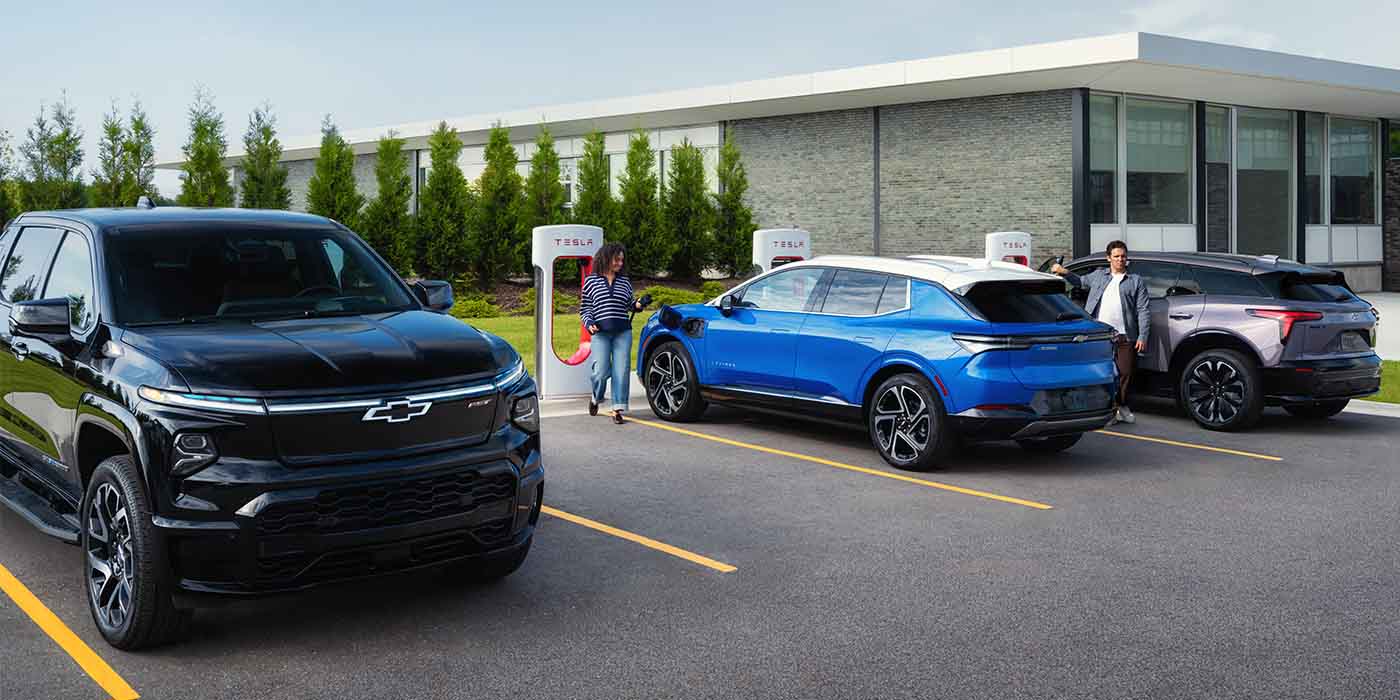
Real-world driving and charging habits may make EV batteries last longer than researchers previously thought, finds a new Stanford-SLAC study.
A new study from the SLAC-Stanford Battery Center published on December 9 in Nature Energy suggests that real-world driving habits – like stop-and-go traffic, highway driving, quick city trips, and lots of time spent parked – could make EV batteries last about a third longer than previously thought. This means the average EV owner might not need to replace their battery pack or upgrade to a new car for several extra years, saving money and extending the life of their ride.
Battery scientists usually test new designs in labs by cycling them at a constant rate of discharge and recharge, speeding up the process to quickly see how long they’ll last and how well they perform. However, according to a new study published on December 9 in Nature Energy, that method doesn’t reflect how EV batteries are used in the real world.
For everyday EV commuters, this is big news. While battery prices have dropped by about 90% in the last 15 years, they still make up nearly a third of the cost of a new EV. The study suggests that current and future EV drivers could enjoy more miles before needing a replacement.
“We’ve not been testing EV batteries the right way,” said Simona Onori, senior author and an associate professor of energy science and engineering at the Stanford Doerr School of Sustainability. “To our surprise, real driving with frequent acceleration, braking that charges the batteries a bit, stopping to pop into a store, and letting the batteries rest for hours at a time helps batteries last longer than we had thought based on industry-standard lab tests.”
The researchers created four different EV discharge profiles, ranging from the usual constant discharge to more dynamic ones based on real-world driving data. Over two years, they tested 92 commercial lithium-ion batteries using these profiles. The results were clear: The closer the profiles matched actual driving behavior, the longer the batteries lasted.
So, what’s behind this surprising longevity? A machine learning algorithm trained on the mountain of collected data helped uncover how dynamic discharge patterns reduce battery degradation. Turns out, the way people actually drive might be easier on batteries than scientists expected.
For example, short, sharp accelerations in EVs actually slow down battery degradation. That flips the script on what researchers – including this study’s own team – had assumed for years: that acceleration spikes were a battery’s worst enemy.
Alexis Geslin, one of three lead authors of the study and a PhD student in materials science and engineering and in computer science in Stanford’s School of Engineering, explained:
We battery engineers have assumed that cycle aging is much more important than time-induced aging. That’s mostly true for commercial EVs like buses and delivery vans that are almost always either in use or being recharged.
For consumers using their EVs to get to work, pick up their kids, go to the grocery store, but mostly not using them or even charging them, time becomes the predominant cause of aging over cycling.
The study pinpointed a sweet spot for discharge rates that balances time aging and cycle aging – at least for the commercial battery they tested. That range aligns with how most people actually drive their EVs. Automakers could use this insight to tweak battery management software, helping to extend battery life and optimize performance for real-world driving.
Top comment by André Prégent
For example, short, sharp accelerations in EVs actually slow down battery degradation.
Sorry officer, I was simply trying to prolong my battery's longevity!
Going forward, energy science and engineering postdoctoral scholar Le Xu notes, “Researchers can now revisit presumed aging mechanisms at the chemistry, materials, and cell levels to deepen their understanding. This will facilitate the development of advanced control algorithms that optimize the use of existing commercial battery architectures.”

Read more: Researchers develop EV battery that charges 0-80% in 15 minutes
To limit power outages and make your home more resilient, consider going solar with a battery storage system. In order to find a trusted, reliable solar installer near you that offers competitive pricing, check out EnergySage, a free service that makes it easy for you to go solar. They have hundreds of pre-vetted solar installers competing for your business, ensuring you get high-quality solutions and save 20-30% compared to going it alone. Plus, it’s free to use and you won’t get sales calls until you select an installer and you share your phone number with them.
Your personalized solar quotes are easy to compare online and you’ll get access to unbiased Energy Advisers to help you every step of the way. Get started here. –trusted affiliate link*
FTC: We use income earning auto affiliate links. More.






Comments